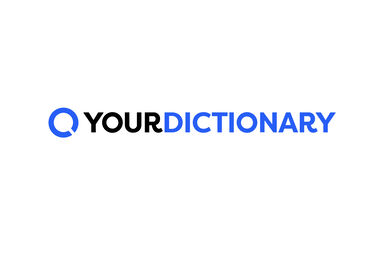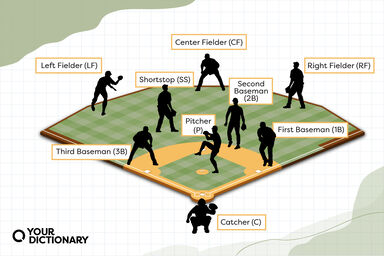The Definition
Origin of The
-
From Middle English, from Old English þē (“the, that", demonstrative pronoun), a late variant of sÄ“ (“that, the"). Originally masculine nominative, in Middle English it superseded all previous Old English forms (sÄ“, sÄ“o, þæt, þā), from Proto-Germanic *sa (“that"), from Proto-Indo-European *só, *to-, *tód (“demonstrative pronoun"). Cognate with West Frisian de, dy (“the, that"), Dutch de, die (“the, that"), Low German de, dat (“the, that"), German der, die, das (“the, that"), Danish den (“the, that"), Swedish den (“the, that"), Icelandic það (“that").
From Wiktionary
-
From Middle English, from Old English þȳ (“by that, after that, whereby"), originally the instrumental case of the demonstratives sÄ“ (masculine) and þæt (neuter). Cognate with Dutch des te ("the, the more"), German desto ("the, all the more"), Norwegian fordi ("because"), Icelandic því (“because").
From Wiktionary
-
Middle English from Old English alteration (influenced by th- oblique case stem of demonstrative pron.) of se masculine demonstrative pron. so- in Indo-European roots
From American Heritage Dictionary of the English Language, 5th Edition
-
Middle English from Old English thȳ, thē instrumental of thæt neuter demonstrative pron. to- in Indo-European roots
From American Heritage Dictionary of the English Language, 5th Edition
Related Articles
Find Similar Words
Find similar words to the using the buttons below.





